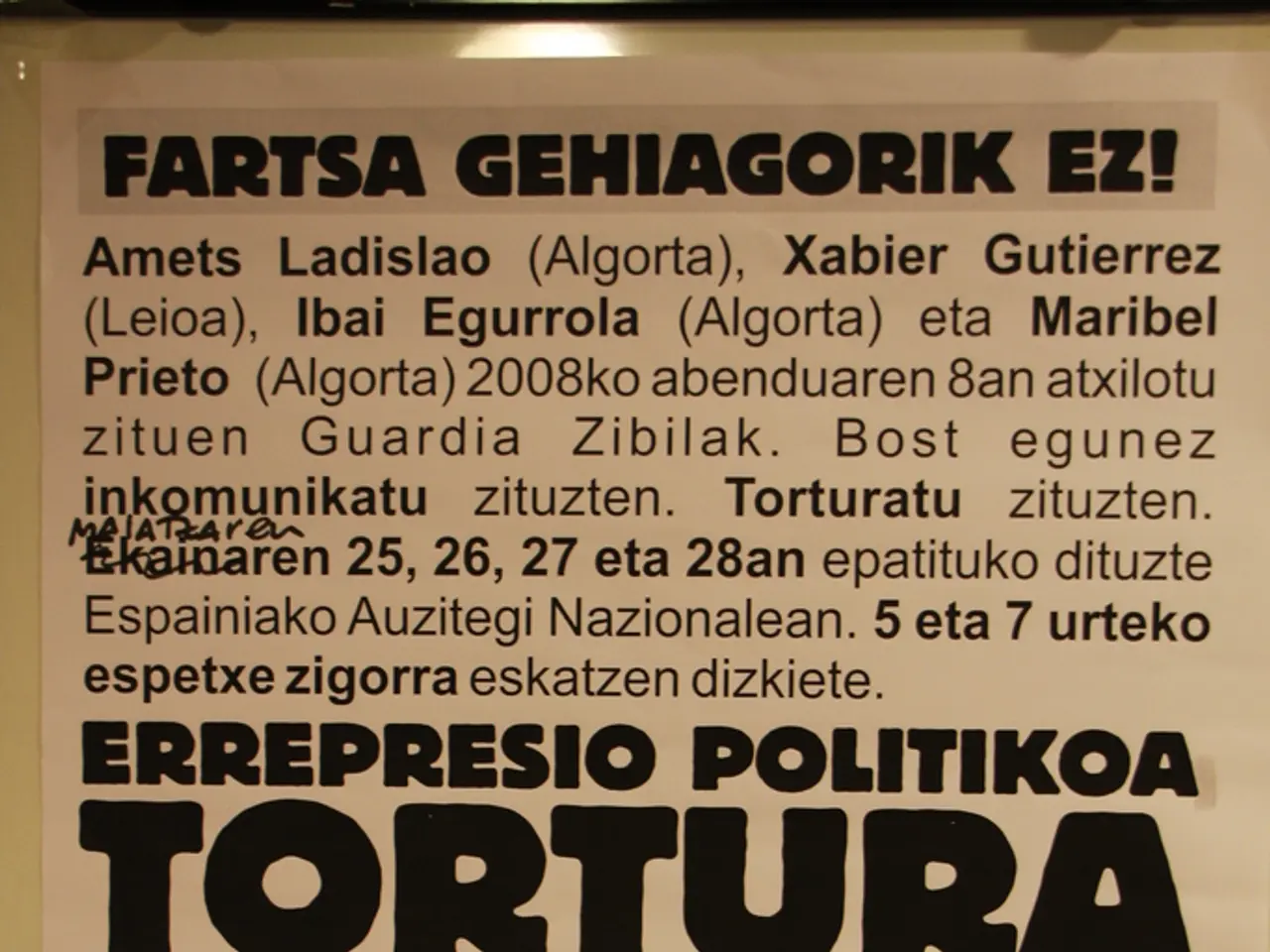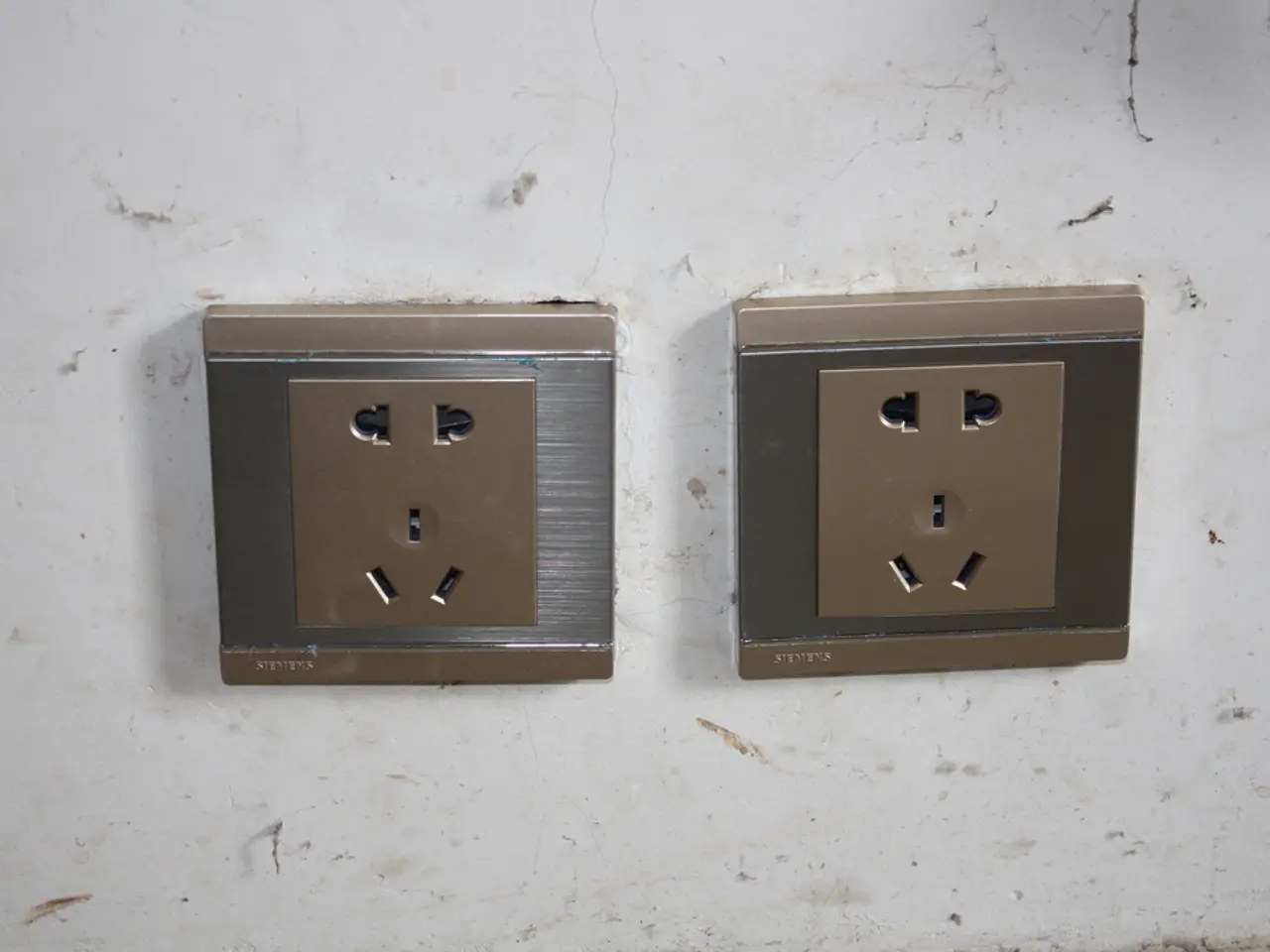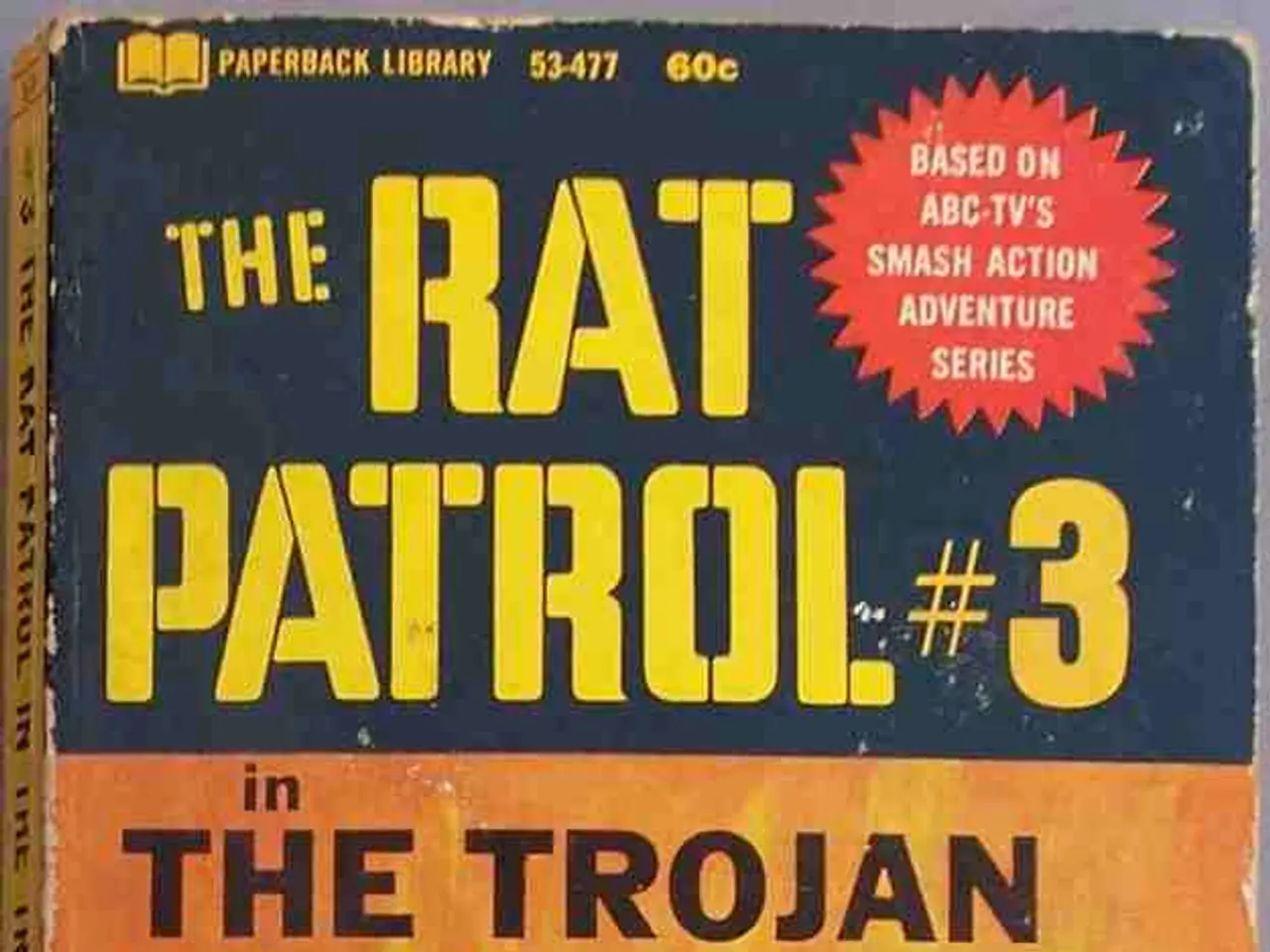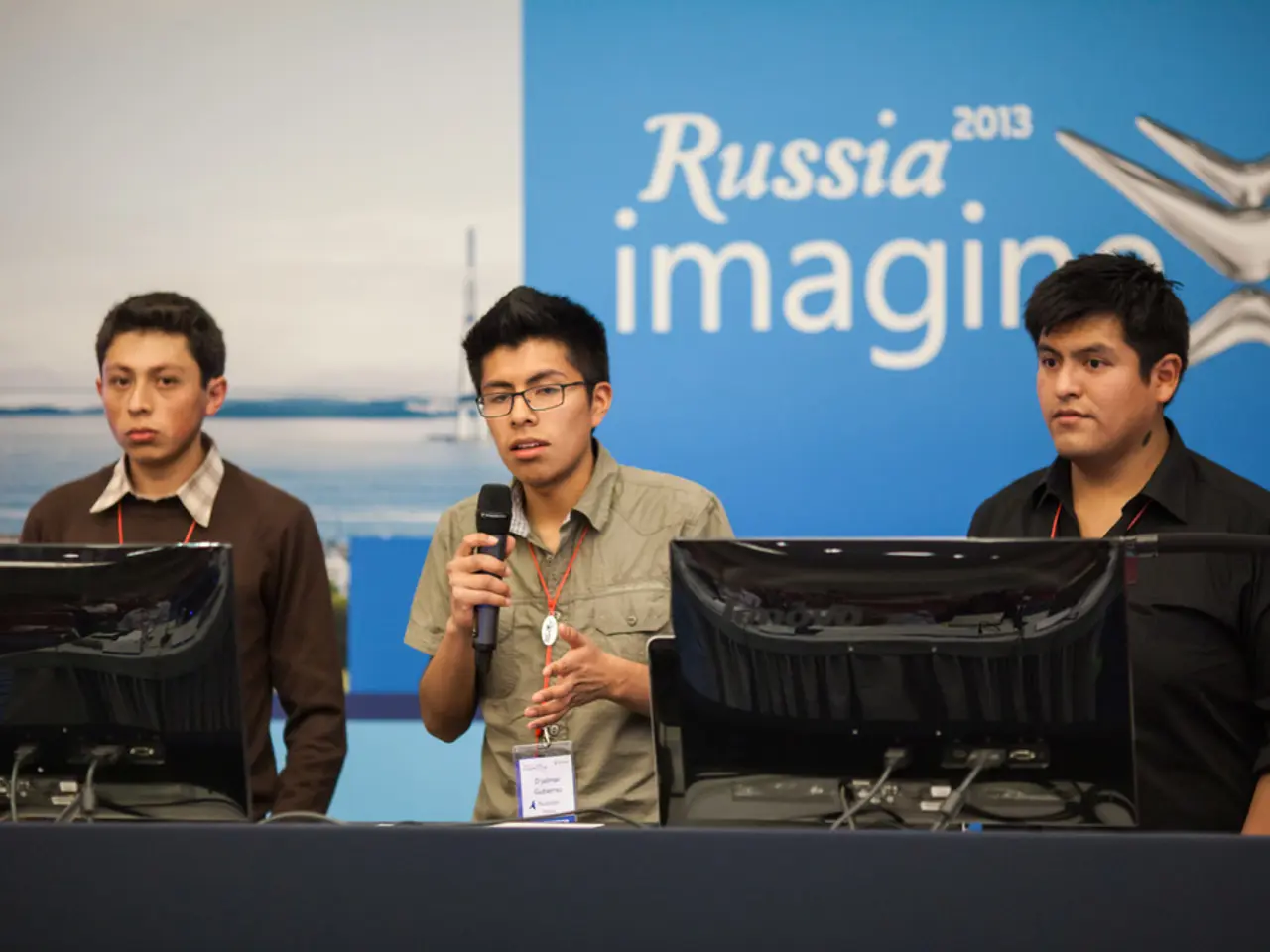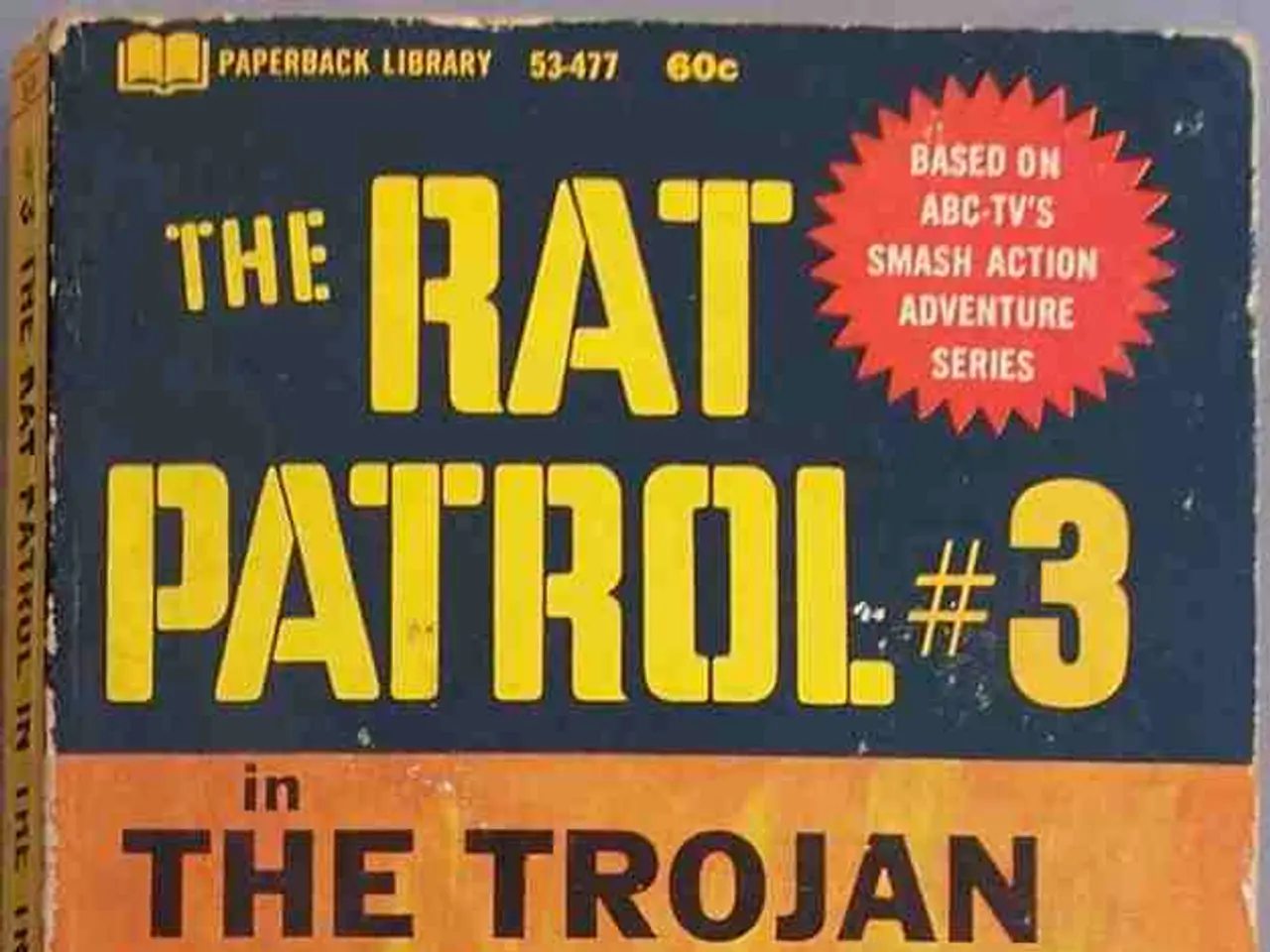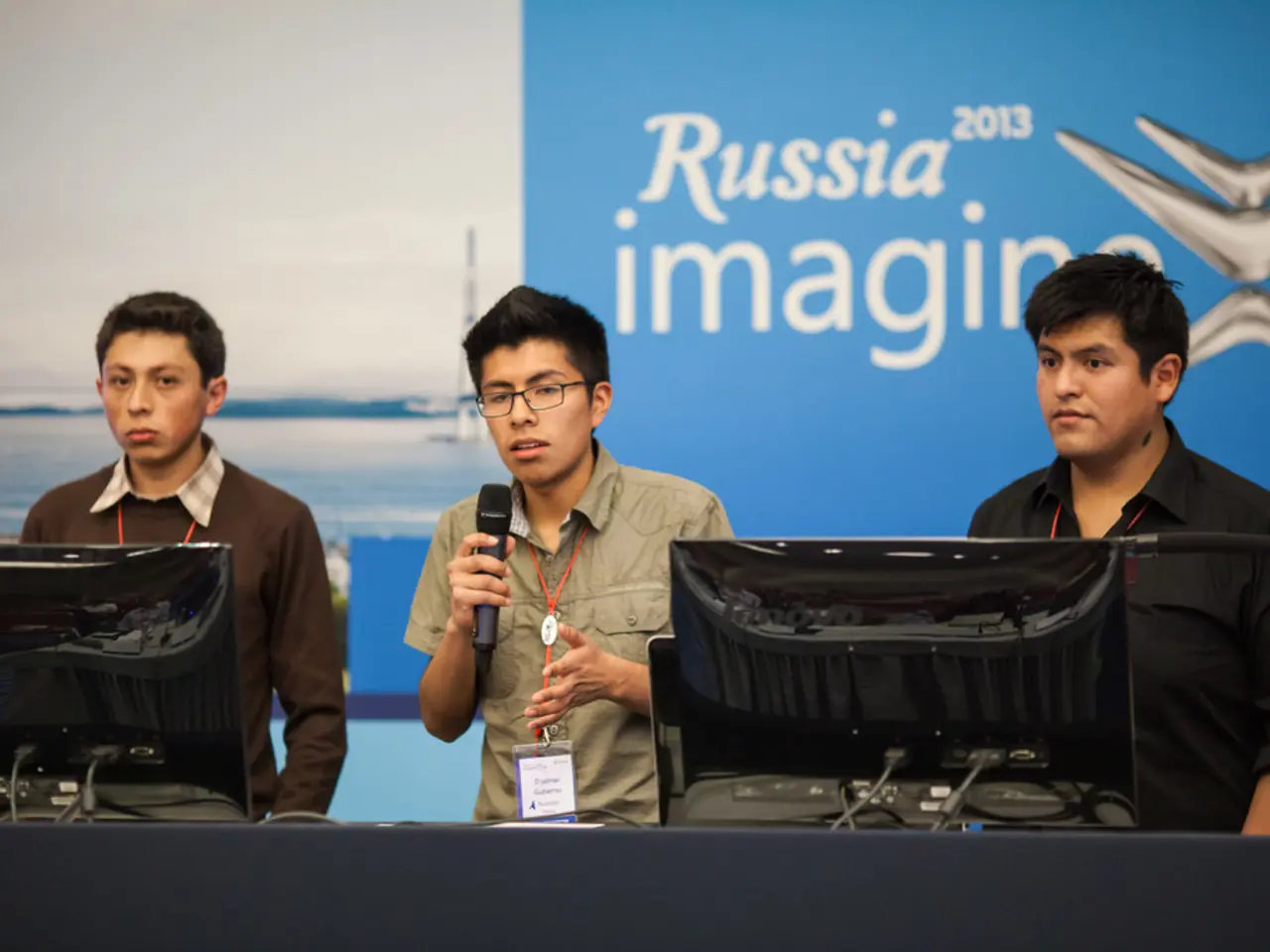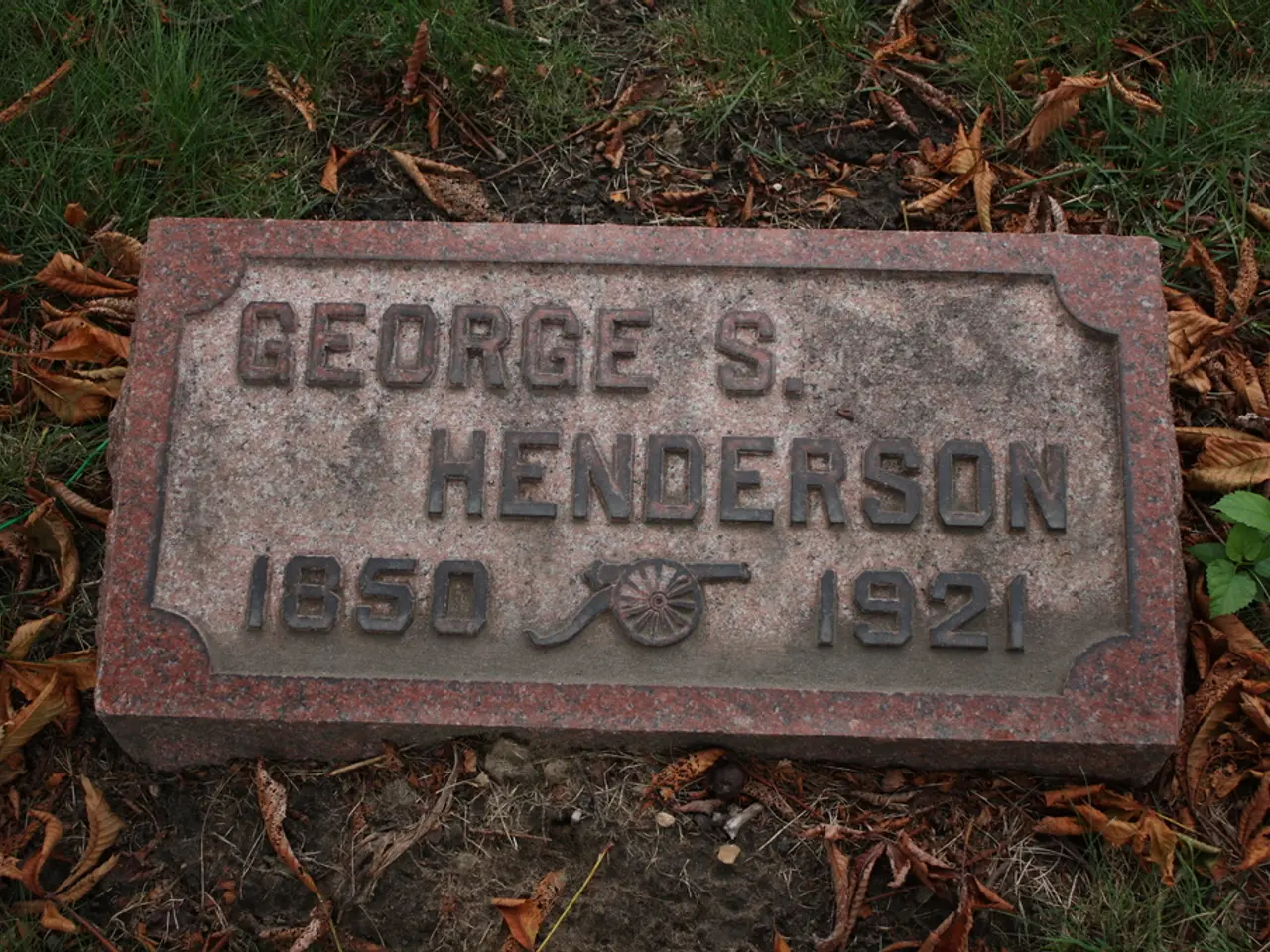Custom Legislation Options in Spain Now Available
In the heart of Spain's political arena, a significant corruption investigation is unfolding against former People's Party (PP) leader, Cristóbal Montoro. Montoro, who served as Minister of Finance under Prime Minister Mariano Rajoy from 2011 to 2018, is now formally charged with bribery, fraud, and abuse of office[1][2][3].
The allegations centre around Montoro's use of political influence and his consultancy firm, Equipo Económico, to secure millions of euros in payments from energy and other companies in exchange for favourable tax reforms and legislative benefits[1][3]. The Spanish justice system has been actively involved since the investigation began in 2018, culminating in Montoro’s formal indictment and removal from his party membership.
A network of influence has been uncovered, where Montoro is accused of facilitating legislative reforms that saved these companies billions, while his consultancy firm allegedly served as a vehicle to channel illicit commissions—reported as high as €48 million from various sectors including construction, energy, and gambling[1][3].
A judge in Tarragona is leading the probe, overseeing over 30 charges against Montoro and others involved. Montoro and his firm have denied wrongdoing, with Equipo Económico issuing legal threats against journalists reporting on the case and filing appeals against perceived irregularities in the investigation process[4].
The "network of influence" evidence has become increasingly overwhelming in recent years, implicating not just Montoro, but also several companies and other individuals[1][3]. Some laws passed in the Spanish parliament were reportedly formulated by the companies themselves, and bribes to EE are said to have resulted in a reduction in electricity tax of up to 85 percent for gas companies[1].
The investigations against Montoro were initially driven by Rubén Rus Vela and the Catalan police force, the Mossos d'Esquadra. However, the Madrid judiciary reportedly hindered these investigations, and even the top anti-corruption prosecutor Luzón was reportedly involved in hindering the investigations against Montoro[1].
The brave anti-corruption prosecutor Carmen García Cerdá was disciplined for trying to examine emails against her boss's instructions[1]. The cost of the tax reduction was approximately 2.2 billion euros in tax revenue, a significant loss for the Spanish treasury[1].
The Montoro case and the PP scandal aren't helping Sánchez's position. In fact, the opposition leader Alberto Núñez Feijóo of the right-wing PP has called for new elections due to corruption allegations surrounding the ruling Socialists of Pedro Sánchez[1]. The investigation remains active, with judicial procedures ongoing and broader ramifications unfolding in the Spanish political landscape[1][2][3][4].
References: [1] El País. (2021, February 1). Montoro y su red de influencias. El País. https://elpais.com/elpais/2021/02/01/inenglish/1612166582_252848.html [2] El Mundo. (2021, February 1). Montoro y su red de influencias. El Mundo. https://elmundodealmeria.elmundomedia.com/2021/02/01/montoro-y-su-red-de-influencias-20210201154812-ntv.html [3] ABC.es. (2021, February 1). Montoro y su red de influencias. ABC.es. https://abc.es/economia/20210201_abci-montoro-su-red-influencias-20210201154812.html [4] El Confidencial. (2021, February 1). Montoro y su red de influencias. El Confidencial. https://elconfidencial.com/economia/2021-02-01/montoro-red-de-influencias-equipo-economico-corrupcion_306460/
- The corruption investigation involving former People's Party leader Cristóbal Montoro, which has been ongoing since 2018, revolves around policy-and-legislation and politics, as Montoro is accused of using his influence to secure favorable tax reforms and legislative benefits in exchange for millions of euros in payments from energy and other companies.
- The Montoro case, involving allegations of bribery, fraud, and abuse of office, has become a general-news topic in Spain, implicating not just Montoro, but also several companies and other individuals, and raising questions about the integrity of the Spanish parliament and the judiciary's role in hindering or supporting such investigations.
